This woman rises every day at 4:00am and buys a basketful of vegetables to carry with her to the old city. There she sits on the ground in sometimes oppressive heat, all day, hoping to bring home a dollar or two in sales.
What could she possibly have to smile about?
I saw her while on a high-end rickshaw tour of Old Delhi. I had chosen a fancy hotel for my home base during my visit. From there a guide and driver had picked me up after my gourmet hotel breakfast and a short rest in my air-conditioned room. (It was about a thousand degrees that summer day in Old Delhi.)
My guide recognized this woman as we approached. We stopped. And after a few pleasantries I offered her a token gift of 50 rupees — about an hour’s wages for a driver in India, or 65 cents in the US. What did she think, I wondered, of this man from NY? Did she know that I had spent more for my hotel room than she earns in several months?
The oppressive Indian heat was already distorting my judgement, and we left the woman before I came to my senses. (It wasn’t literally 1,000 degrees, of course. But the heat index was over 40 Celsius, about 107 Fahrenheit, and the air quality tagged as “hazardous.”) Then, remembering my missed opportunity during my visit to Mumbai, I told my guide that I wanted to go back and talk to her.
And I did, with the guide translating. That’s how I know that she rises every day at 4:00am, that she purchases the vegetables before sunrise, that she sits in the same spot every day, and that this has been her routine for 40 years. And that’s how I saw her laugh.
Even with the translator, the culture gap presented a significant communications barrier. We enjoyed each other’s presence, but our conversation was limited to basic facts. I still don’t know, for example, how she views the world and her place in it.
As we prepared to leave, I told my guide to pick out some vegetables. I wanted to make a purchase, and I naturally had no use for fresh produce. He selected a few kilos of food that set me back about $2.00, which I rounded up to $2.50. Or maybe it was $1.50 and $2.00. The sums were so small that I don’t remember.
What I do remember is the woman’s smile.
And I remember the haunting question that this encounter forced me to confront yet again: Is poverty always so bad?
I’m embarrassed to ask, practically ashamed to put the question in writing, particularly as I’ve never been poor. I’m reminded of Mark Twain’s caustic quip that “by trying we can easily learn to endure adversity. Another man’s, I mean.” Maybe it’s only other people’s poverty that isn’t so bad.
That’s what I’d like to think. I’d like to think that my time spent working is time well invested even when I don’t enjoy it, that life is better with comfortable shelter and delicious food and quality climate control and all the other benefits one can purchase. Certainly I can hardly imagine my own life without those things.
And I’d like to think that my charity is money well spent, that every human deserves the physical comfort that I enjoy.
But in the end, all I think I know is that most people can’t go backwards. Once accustomed to a certain level of luxury, anything less seems oppressive, even as anything more can seem like overly indulgent conspicuous consumption.
So in spite of myself, and in spite of how I live my life, I wonder.
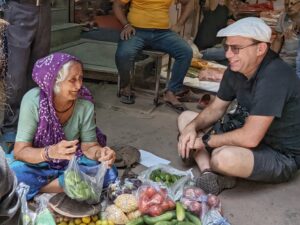
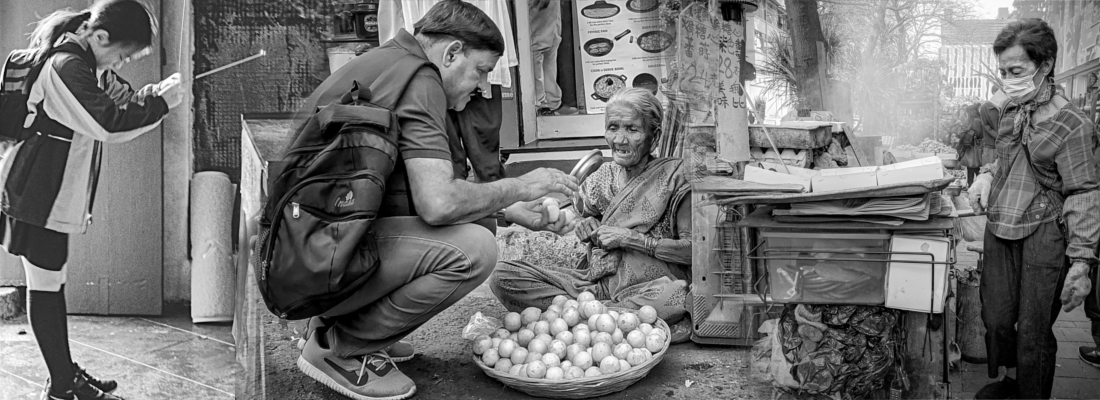
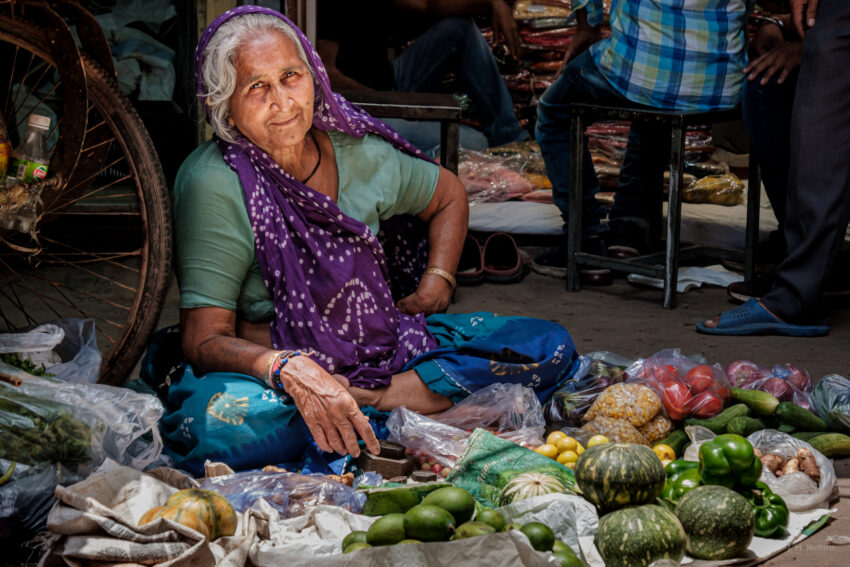
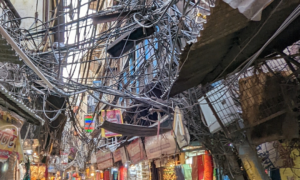
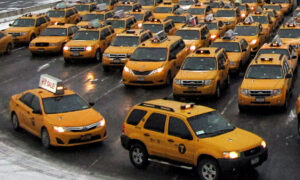
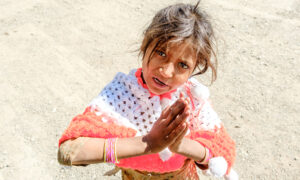
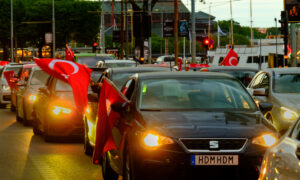


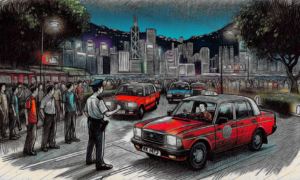
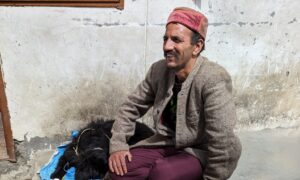

Wow you have a way with words. Loved how her photo captured a Pinteresque and colorful vibe while dealing with the scorching heat in Dhali.